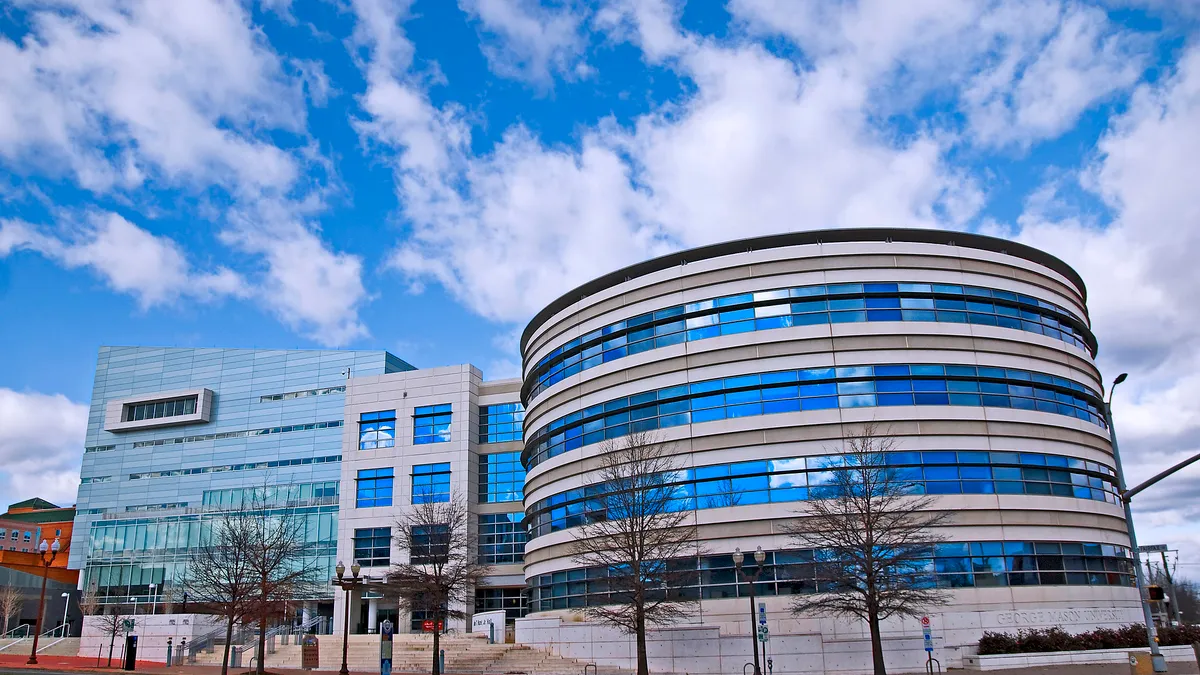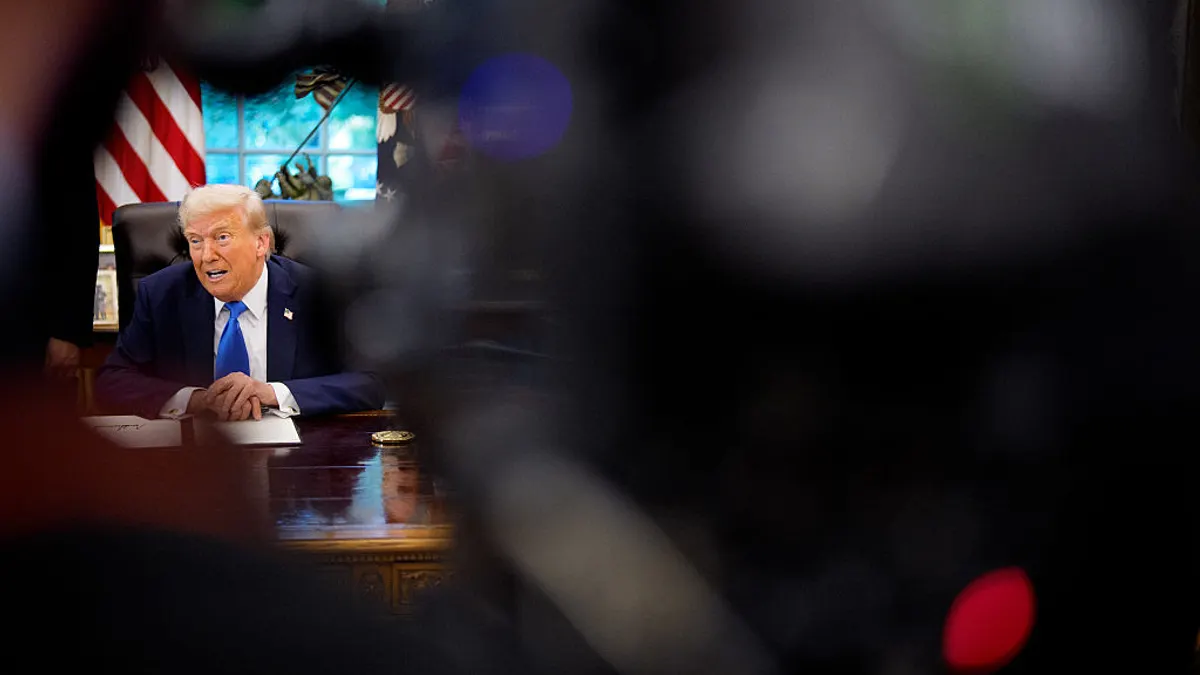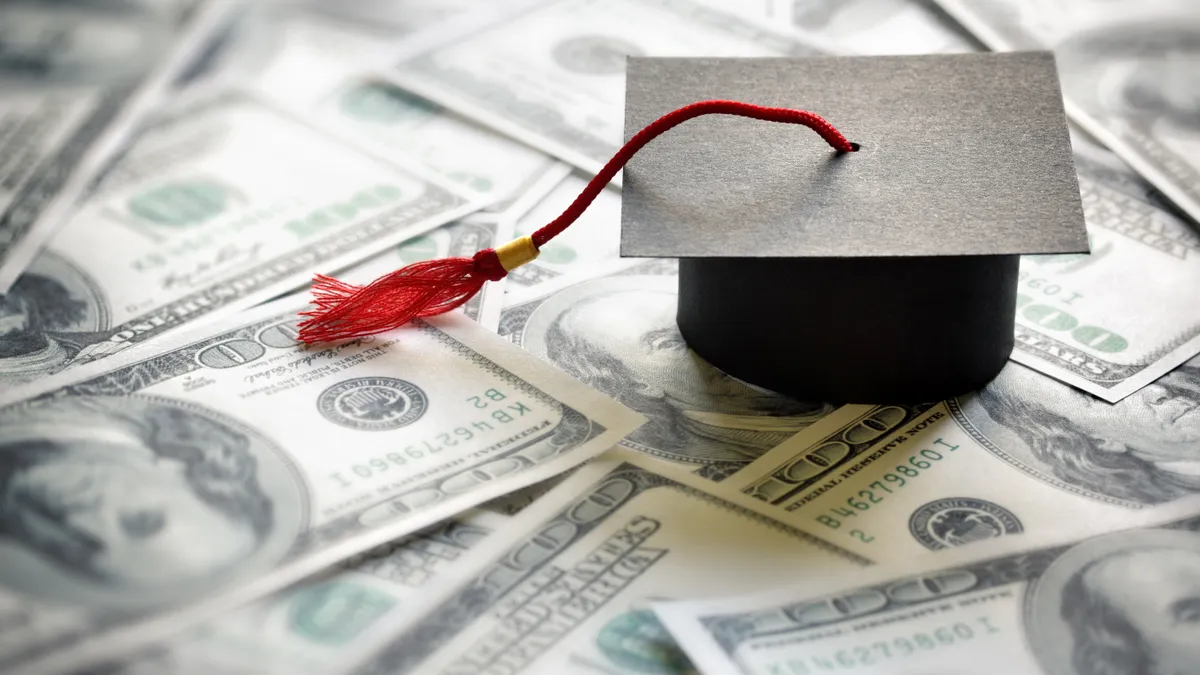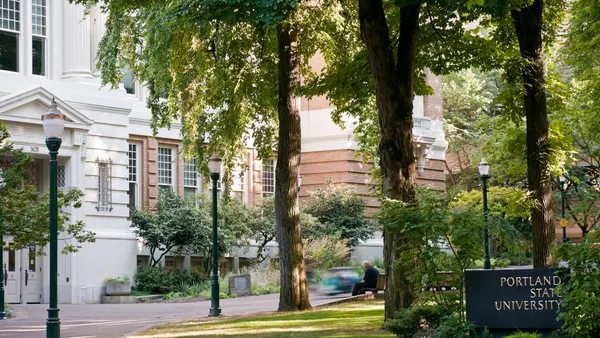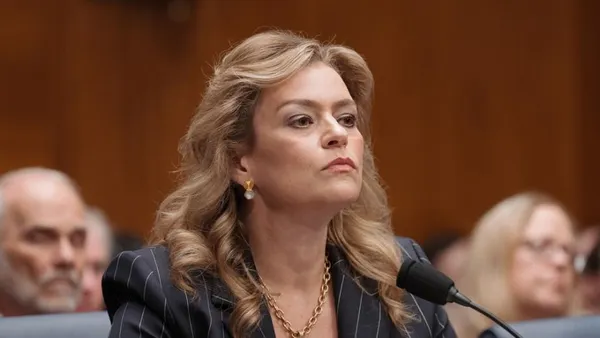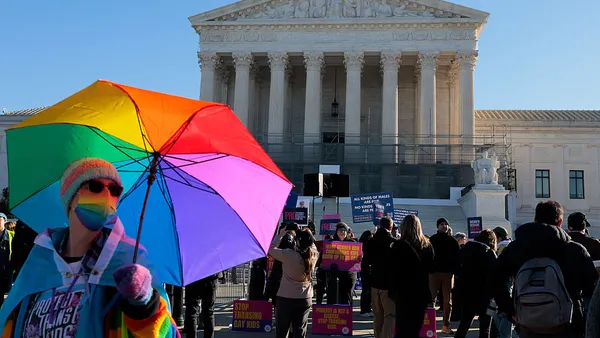Dive Brief:
- George Mason University’s governing board said late last week that it wants to negotiate with the Trump administration to resolve allegations that it violated civil rights law.
- In late August, the U.S. Department of Education alleged that George Mason has illegally used race and other protected characteristics in hiring and promotions, a conclusion reached just six weeks after the agency announced a probe into the university.
- An attorney for university President Gregory Washington, who is at the center of the probe, has repudiated the agency’s allegations, describing them as "a legal fiction.” Washington’s attorney will also be involved in talks with the Education Department, according to the board’s statement.
Dive Insight:
Over a period of weeks this summer, the Trump administration ramped up pressure on George Mason. The departments of Education and Justice opened at least four probes between them into the university, often citing comment from Washington in support of diversity initiatives.
Washington’s attorney, Douglas Gansler, took the Education Department to task for how quickly it determined George Mason violated the law.
“It is glaringly apparent that the OCR investigation process has been cut short, and ‘findings’ have been made in spite of a very incomplete fact-finding process, including only two interviews with university academic deans,” Gansler wrote.
The attorney also described some of the evidence cited by the Education Department as “gross mischaracterizations of statements made by Dr. Washington” that didn’t lead to policy changes.
For example, when the Education Department concluded that George Mason violated civil rights law, it linked to a statement Washington made in 2021 in support of having faculty reflect the diversity of the student body and broader community. The department took the statement as expressing “support for racial preferencing” in hiring.
But, as Gansler highlighted, Washington specifically said in the statement that the diversity principles he was promoting were “not code for establishing a quota system.”
Gansler also warned the university’s board against requiring Washington to apologize, which was among the demands made by the Education Department. The lawyer pointed out that such an apology could open the university up to liability.
Through all of this, George Mason’s board of visitors — headed by Charles Stimson, who holds leadership positions at The Heritage Foundation, a right-wing think tank — has been relatively quiet.
To represent it in dealings with the Trump administration, the board hired Torridon Law, which was co-founded by William Barr, formerly U.S. attorney general during the first Trump administration. The firm also has several prominent Republican lawyers on staff.
In July, the university’s chapter of the American Association of University Professors voted no confidence in the board and called its response to the Trump administration’s actions to that point “inadequate and deeply troubling.”
And yet, in August — at a meeting that the AAUP chapter warned could set the stage for Washington’s ouster — George Mason’s board voted to give the leader a raise.
Since then, Democrat members of a Virginia Senate committee have blocked six appointees to George Mason’s board picked by the state’s Republican governor, Glenn Youngkin. The move has left the board of visitors without a quorum for conducting official business.
In announcing plans to negotiate with the Education Department, the board said Friday that it “remains committed to ensuring that George Mason complies with all federal civil rights law and remains hopeful that a favorable resolution can be reached.”
George Mason is just the latest in an expanding set of colleges targeted by the Trump administration over allegations related to racial preferencing, campus antisemitism and policies supporting transgender student athletes.
Some universities, including Columbia and Brown, have paid hefty sums to settle allegations and have at least some of their federal research funding restored. The administration is also seeking some $500 million from Harvard University and $1 billion from the University of California, Los Angeles.


